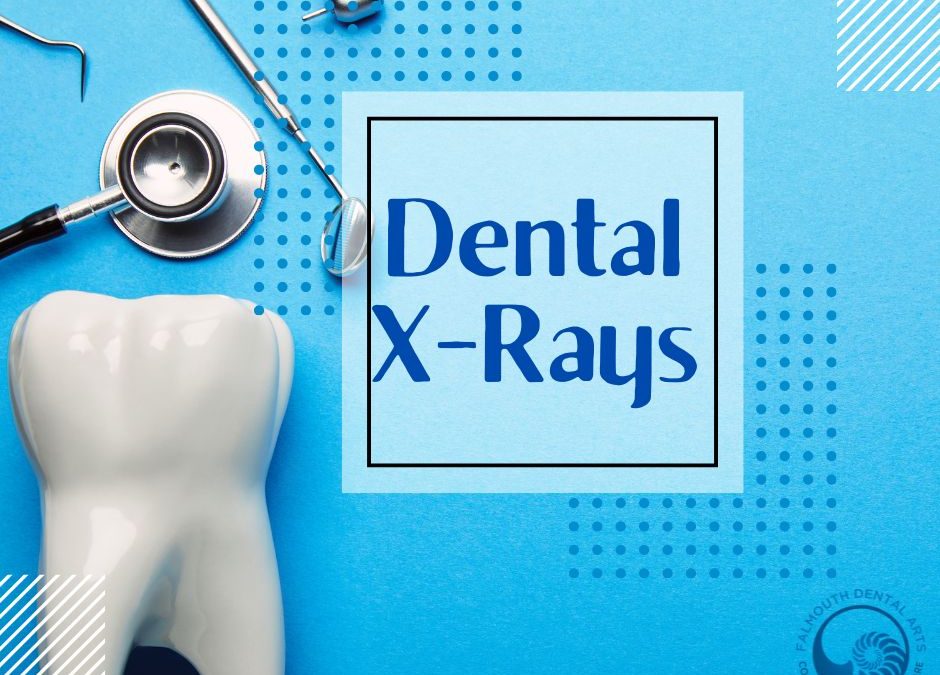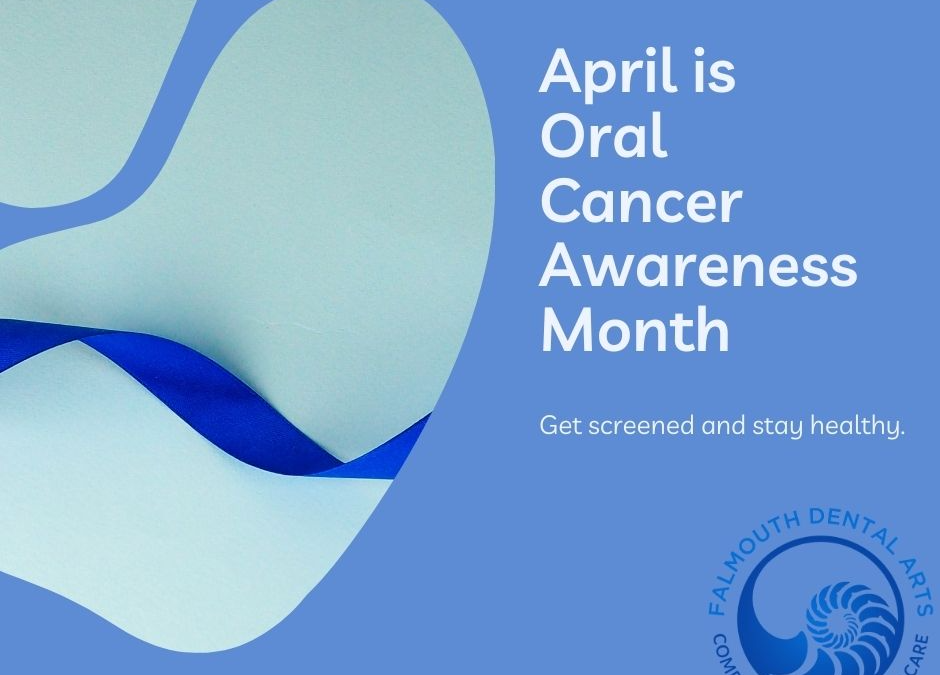
May 2, 2024
The weather is getting warmer, birds are chirping, flowers are beginning to bloom…there are a lot of reasons to smile in the springtime! If you feel self-conscious about your smile, FDA can help! From crooked teeth to stained teeth, we have cosmetic dentistry options that can give you the smile of your dreams! It all begins with a simple consultation with Dr. Brunacini or Dr. Karagiorgos. Oftentimes, they can help improve the look of your smile in as little as two visits to our office. If curious to know more about the cosmetic dentistry options at FDA, here is a brief overview:
Dental Bonding
At FDA, we use dental bonding to sculpt individual teeth with a special tooth-like material that looks, acts, and feels like the real thing. Some of the perks of dental bonding include:
- It can address many different cosmetic flaws or injuries, such as chips and discoloration.
- It is an affordable and painless procedure.
- It can be completed very quickly: the composite resin adheres to your teeth and can then be polished and shaped to match your other teeth in one or two visits.
Teeth Whitening
Teeth whitening is a common and safe cosmetic treatment. We offer both in-office whitening and at-home options. That said, bleaching can be uncomfortable if you have sensitive teeth and isn’t always the right option if you have implants. Review your options with Dr. Brunacini and Dr. Karagiorgos. They can help you decide if it will work for you!
Porcelain Restoration
If you have old metal crowns and bridges, this is an option to consider. Porcelain restoration can improve the look and feel of your crown or bridge. It provides you with the translucency and shine of your natural teeth and has a texture that is very similar to that of enamel. We sculpt and shape the porcelain to fit perfectly with your existing bite, so it will feel comfortable and natural.
Dental Implants
A great long-term option for replacing lost teeth in a safe and predictable way, dental implants are designed to last a lifetime. It’s important to replace missing teeth as you can lead to a loss of support in the mouth, which forces other healthy teeth to drift.
Same-Day Crowns
In addition to the traditional cosmetic procedures listed above, FDA also provides the simple option of same-day crowns. Our practice has the CEREC® Primemill, a state-of-the-art piece of equipment, which allows us to mill, bake, and stain your new crown all in one visit. This technology makes getting a crown a faster and more comfortable experience, and is no more expensive than traditional crowns. It can also be used for other dental restorations.
Spring into your new smile! If you have questions about our cosmetic procedures or would like to schedule a consultation, please give us a call at 207.781.5900. Learn how Dr. Brunacini and Dr. Karagiorgos can help you have the smile of your dreams!

May 1, 2024
You’ve come in for a cleaning and everything looks good, so why do you need a dental x-ray? Great question! Dental x-rays provide an in-depth and accurate view of your teeth and jaw and are an essential tool for preventative care. With up-to-date x-rays, Dr. Brunacini and Dr. Karagiorgos have an enhanced opportunity to identify any potential problems and diagnose dental conditions. The sooner we can treat potential problems or conditions, oftentimes the less invasive and less expensive it will be for you! At FDA, we want our patients to be fully informed when they make decisions about their oral health care and dental x-rays help support that goal. To help inform you more about the importance of dental x-rays, here are three commonly asked questions:
How often should I get dental x-rays?
At FDA we recommend our patients receive an x-ray at their first appointment and then once a year thereafter. Our digital x-ray technology uses a very low dose of radiation already, but this treatment schedule helps us to further minimize any risks.
What are digital x-rays?
We offer digital x-rays at FDA, which is a type of x-ray where digital sensors are used instead of traditional film. To perform digital x-rays, electric sensors are placed in the patient’s mouth. The sensors are connected to a computer by a small wire. The x-ray beam is sent through the teeth and into the sensor. The image can then be viewed immediately on a computer screen during an appointment. Compared with traditional x-rays, digital x-rays reduce radiation exposure by 70-80%. We also find that digital x-rays greatly support patient education by providing a clear image of a patient’s mouth and potential problem areas.
What are CBCT 3D x-rays?
To improve our patients’ experience FDA also offers 3D imaging. Using a CBCT 3D imaging machine, a scanner rotates around a patient’s head, collecting multiple images in rapid succession. These images are then pieced together using a software program to create an extremely clear 3D panoramic view of the mouth and jaw. Often referred to as 3D imaging, CBCT 3D x-rays provide a more thorough and complete view of the head, mouth, and neck prior to performing any dental treatment, especially oral surgery. CBCT scans can also assist us in planning for root canals and placing dental implants. While 3D imaging won’t replace our typical bitewing x-rays, it is an additional tool that helps to diagnose areas of concern or when planning dental implants.
If you have more questions about dental x-rays or if it’s been more than a year since you received them, please give us a call. We’re always happy to answer your questions and can help schedule your next appointment!

Apr 2, 2024
Did you know that regular dental care is a first line of defense for oral cancer? April is Oral Cancer Awareness month and is an opportunity to talk about the importance of early detection. It’s encouraging to note that when oral cancer is detected and treated early, there is a 80-90% survival rate. At Falmouth Dental Arts, we’ve long had a commitment to oral cancer screenings for our patients. Dr. Brunacini and Dr. Karagiorgos as well as our hygienists perform screenings during your regular check up appointments. To help raise awareness and answer questions, we wanted to provide some basic information about our screening procedures and common oral cancer warning signs.
Why Oral Cancer Awareness is Important
According to the Oral Cancer Foundation, about 58,500 people are diagnosed with oral cancer each year in America, which translates to 132 people each day. While smoking is the leading cause of oral cancer, there are increasingly more and more young people developing oral cancer due to the HPV virus.
FDA’s Oral Cancer Screening
At FDA, Dr. Brunacini, Dr. Karagiorgos, and our hygienists perform oral cancer screenings for our patients at every hygiene appointment. These screenings may include:
We start with a visual exam of the mouth, looking at the gum tissue, lips, checks, and tongue. Additionally we gently palpate or press on areas of the face and neck to check for any irregular lumps. If we have any concerns, we may offer to do a screening with VELscope. VELscope is a screening device that emits a blue light that quickly identifies abnormal cells before they are visible to the naked eye. It is a safe and non-invasive procedure and helpful for early detection of oral cancer.
FDA also performs CBCT 3D X-Rays which enables us to better visualize all of the structures within the head, neck, and mouth and assess our patients’ oral health. 3D imaging can be helpful in determining subsequent steps for the ideal treatment of an area of concern.
If we have any reason for concern after performing a screening, our next step would be to refer you to an oral surgeon for additional consultation and a possible biopsy. As your partner in oral health, we will remain involved every step of the way to provide support and follow-up care.
Oral Cancer Warning Signs
You also have an opportunity to screen for oral cancer in your home care. For example, if you notice any changes to your mouth or experience any pain or tenderness, you should let us know. Also, you can be on the lookout for some of the common warning signs for oral cancer, including:
- White or red patches in the mouth
- Sores that fail to heal
- Abnormal lumps in the gums or neck
- Difficulty chewing or swallowing
If you do discover an area of concern, please let us know so we can see you promptly for a thorough exam. As always, when you have any questions about your oral health or the oral cancer screening process, please don’t hesitate to call us! As your dentist, we are part of your healthcare team and happy to answer your questions!

Feb 4, 2024
At Falmouth Dental Arts, we are lucky to have a compassionate team of some of the best oral health care professionals in the world! Everyone loves coming to work each day to help our patients meet their oral health goals and receive the best care possible. Our Employee Spotlight series highlights the individuals who make FDA an incredible place to work and receive dental care.
This month, as we celebrate our 5th (!!!) year in our building, we are thrilled to put the spotlight on the man who started it all, the beloved Dr. Glen Knock.
Why did you decide to be a dentist?
Dr. Knock: I wanted to help people and was thinking about either medical school or dental school. I chose dental school after my wife had a baby and I’m glad I did!
When did you open your first practice?
Dr. Knock: In May 1974 – 50 years ago! – I opened a practice with Dr. Frank Adshead. We split our practice in 1986 and I moved to South Portland. Eventually Dr. Joe Long joined my practice for a time and in the late nineties we moved back to Falmouth. There used to be a state law that you could only have a dental practice named after the practicing dentist. A Supreme Court case changed that, which opened the way for a practice to be named something other than a practitioner’s name. I was looking for a name that would carry on after I retired, and sometime in the early 2000s we became known at Falmouth Dental Arts.
Tell us more about the idea behind the phrase “dental arts.”
Dr. Knock: There is an artistry to dentistry, if the dentist is conscientious. It is quite aesthetic…the cosmetic dentistry that can be done to help a person. Now there are machines that tell you all the color mixes! [Check out FDA’s Same-Day Crowns!]
What was a highlight from your dental career?
Dr. Knock: The biggest highlight for me was the people. I was blessed to be able to work with some people for 20 or 30 years. Francine was my assistant for 40 years! We had a lot of fun together. We were a good team.
Another highlight for me was ‘Dancing with the Dentists.’ It was really fun and we helped a lot of people.
Tell us how you came up with such an amazing idea!
Dr. Knock: My wife and I were fans of ‘Dancing with the Stars’ and we were taking ballroom dancing lessons. Something clicked and we thought how great it would be if dentists could raise money for charities like The Root Cellar. Also, it’s nice to show another side to dentists; we’re not just guys and gals in white coats drilling your teeth. The first year we raised $40,000. I feel really good about that.
Would you share some of your favorite or most interesting experiences from your career?
Dr. Knock: Some of our staff meetings – everything went off the rails and we had a blast solving something!
What do you miss most about working at FDA?
Dr. Knock: I miss the interactions with people, no doubt. My poor wife – I went from having 100 interactions a day and now I’m down to just one (her). I always really enjoyed talking to people and learning about them.
Thank you, Dr. Knock!

Jan 10, 2024
At Falmouth Dental Arts, we are lucky to have a compassionate team of some of the best oral health care professionals in the world! Everyone loves coming to work each day to help our patients meet their oral health goals and receive the best care possible. To celebrate our amazing team, we are starting a new Employee Spotlight series on our blog. We want to highlight the individuals who make FDA an incredible place to work and receive dental care.
This month, we are thrilled to put the spotlight on our fabulous office manager, Sue Libby. She got her start with the beloved Dr. Knock and this month she celebrates 35 years working in oral health care! Congratulations, Sue!
What is your favorite part of your job?
Sue: My job now is more focused on the team and their needs. I love working with the newer employees and teaching them about dentistry and all that comes with serving our patients. I also enjoy celebrating the milestones with our more “seasoned” team members.
Tell us about a “day-in-your life” at FDA.
Sue: I handle anything from patient questions to staff payroll. Most days I am watching to be sure things are running smoothly in the office.
What is your favorite part of your personal oral care routine?
Sue: I use an Oral B electric toothbrush exclusively to brush my teeth. My teeth feel squeeky clean when I finish!
What is something most of your patients would be surprised to learn about you?
Sue: My husband and I ran a small motel for 6 years in the Sebago Lakes Region. Not only did running my own business help me with some aspects of my current position, but the customer service approach at Falmouth Dental Arts helped me handle some of our traveling customers at the motel!
What is something you like to do when you’re not at work?
Sue: I love to cook and I enjoy sewing. I also just became a grandmother so I am now spending lots of time with my sweet grandson!
Do you have a favorite place or thing you love to do in Maine?
Sue: My family has a camp in the Jackman Area. I really enjoy getting away and spending time relaxing there in the summer. It’s a great place to unwind, disconnect, and just enjoy the peacefulness and beauty of our state.
Thank you, Sue!





